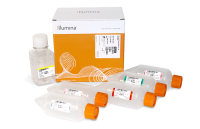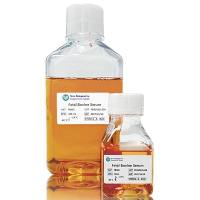Prenatal Genotyping of the RhD Locus to Identify Fetuses at Risk for Hemolytic Disease of the Newborn
互联网
互联网
相关产品推荐

RHD antibody|RHD抗体
¥900

Illumina,20020593,Verifi+ Prenatal Test - Microdeletions and All Chromosomes
询价

plcH/plcH蛋白/Heat-labile hemolysin PLC-H Phosphatidylcholine cholinephosphohydrolase蛋白/Recombinant Pseudomonas aeruginosa Hemolytic phospholipase C (plcH), partial重组蛋白
¥69

新生牛血清|Newborn Calf Serum
¥450

Recombinant-Yop-proteins-translocation-lipoprotein-JyscJYop proteins translocation lipoprotein J Alternative name(s): Lipoprotein ylpB Low calcium response locus protein KA
¥10794
相关问答

